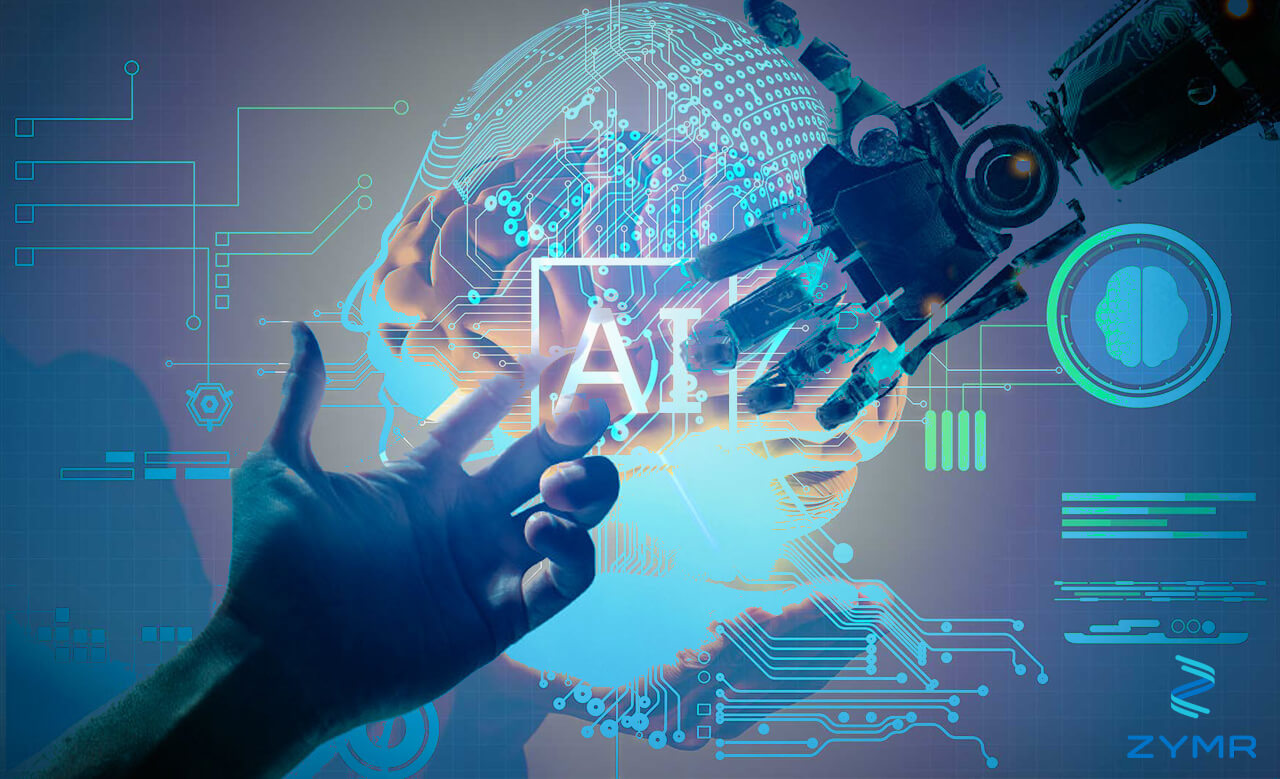In today’s fast-paced industrial landscape, ensuring quality assurance is more critical than ever. As industries strive for perfection, the role of technology in achieving these standards cannot be overstated. One such transformative technology is Artificial Intelligence (AI). The ability of AI to enhance defect detection accuracy is changing how industries approach quality control. In this article, we will explore how AI is setting new benchmarks in defect detection and why it matters.

Understanding AI Defect Detection
The concept of AI defect detection revolves around using algorithms to identify flaws in products, processes, or systems. This technology leverages machine learning models to analyze data and recognize patterns that might indicate a defect. In industries like manufacturing, AI can inspect products faster and more accurately than human inspectors.
The Role of Machine Learning
Machine learning is the backbone of AI defect detection. Through machine learning, AI systems can be trained to recognize defects by analyzing massive datasets of images, sounds, or other data points. The more data an AI system is exposed to, the better it becomes at identifying defects with precision.
Benefits of AI in Quality Control
AI offers numerous advantages in the realm of quality control. Firstly, it significantly increases the speed and efficiency of inspections. Automated systems can work tirelessly without fatigue, ensuring consistent quality. Secondly, AI can detect minute defects that might be overlooked by human inspectors. This leads to higher defect detection accuracy and ultimately, better product quality.
Applications of AI in Different Industries
AI’s ability to enhance defect detection has applications across various industries. From automotive to electronics and pharmaceuticals, the potential for AI to improve quality control processes is immense.
Automotive Industry
In the automotive industry, precision is key. AI systems can examine each part of a vehicle during the manufacturing process, ensuring that even the smallest defects are identified and rectified before assembly.
Electronics Industry
The electronics industry benefits from AIs precision in inspecting circuit boards and components. AI’s ability to analyze and detect defects at a microscopic level ensures that each product functions flawlessly.
Pharmaceutical Industry
In pharmaceuticals, ensuring product safety and efficacy is paramount. AI systems can inspect drugs for defects, ensuring they meet stringent regulatory standards. This not only safeguards consumers but also enhances the manufacturer’s reputation.
Challenges and Solutions in AI Defect Detection
While the benefits of AI in defect detection are clear, there are also challenges to consider. One such challenge is the need for vast amounts of quality data to train AI systems effectively. Without sufficient data, AI systems may struggle to achieve high defect detection accuracy.
Data Quality and Quantity
To train AI systems effectively, industries must ensure they have access to high-quality, diverse datasets. Collaborating with data providers and investing in data collection technologies can help address this challenge.
Technical Expertise
Implementing AI solutions requires technical expertise. Industries must invest in skill development and training programs to equip their workforce with the necessary skills to manage AI systems effectively.
The Future of AI in Defect Detection
The future of AI in defect detection looks promising. As AI technologies continue to evolve, we can expect even greater levels of accuracy and efficiency. Industries that embrace AI will likely see significant improvements in quality control, leading to better products and increased customer satisfaction.
Continuous Learning and Improvement
AI systems are designed to learn and improve over time. As they are exposed to more data and use cases, their ability to detect defects will only get better. This continuous improvement will be a key driver of success in industries that rely on quality control.
Integration with Other Technologies
AI will increasingly be integrated with other emerging technologies such as the Internet of Things (IoT) and edge computing. This integration will enable real-time data analysis and decision-making, further enhancing defect detection accuracy.
Conclusion
In conclusion, AI is revolutionizing the way industries approach defect detection and quality control. By leveraging machine learning and advanced algorithms, industries can achieve unprecedented levels of accuracy and efficiency. As AI continues to evolve, its impact on quality assurance will only grow stronger.

FAQ
What is AI defect detection?
AI defect detection involves using artificial intelligence to identify flaws in products or processes. It leverages machine learning algorithms to analyze data and recognize patterns indicative of defects.
Why is AI important in quality control?
AI enhances the speed, accuracy, and consistency of quality control processes. It can detect defects more precisely than human inspectors, leading to improved product quality and customer satisfaction.
How can industries improve AI defect detection accuracy?
Industries can improve AI defect detection accuracy by ensuring access to high-quality data, investing in technical expertise, and continuously updating AI systems with new data and use cases.
For more on AI applications in manufacturing, visit automated visual checks and AI quality inspections.
This article contains affiliate links. We may earn a commission at no extra cost to you.

